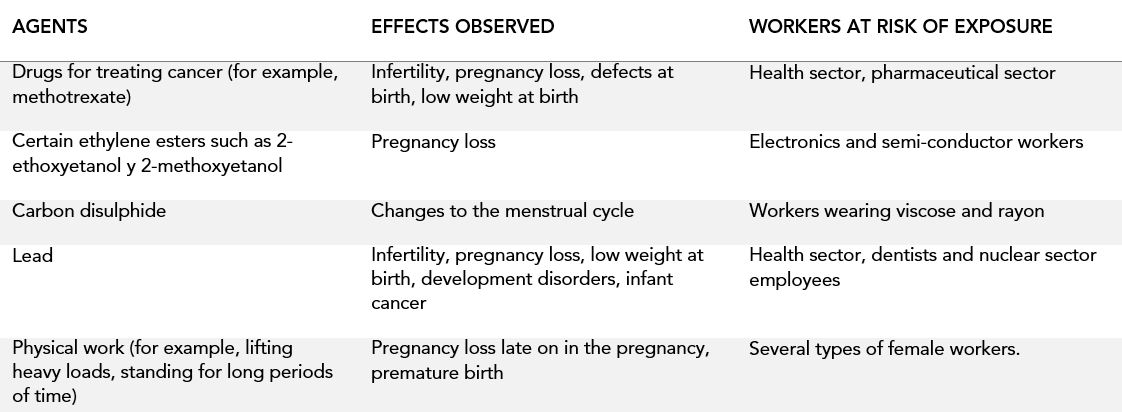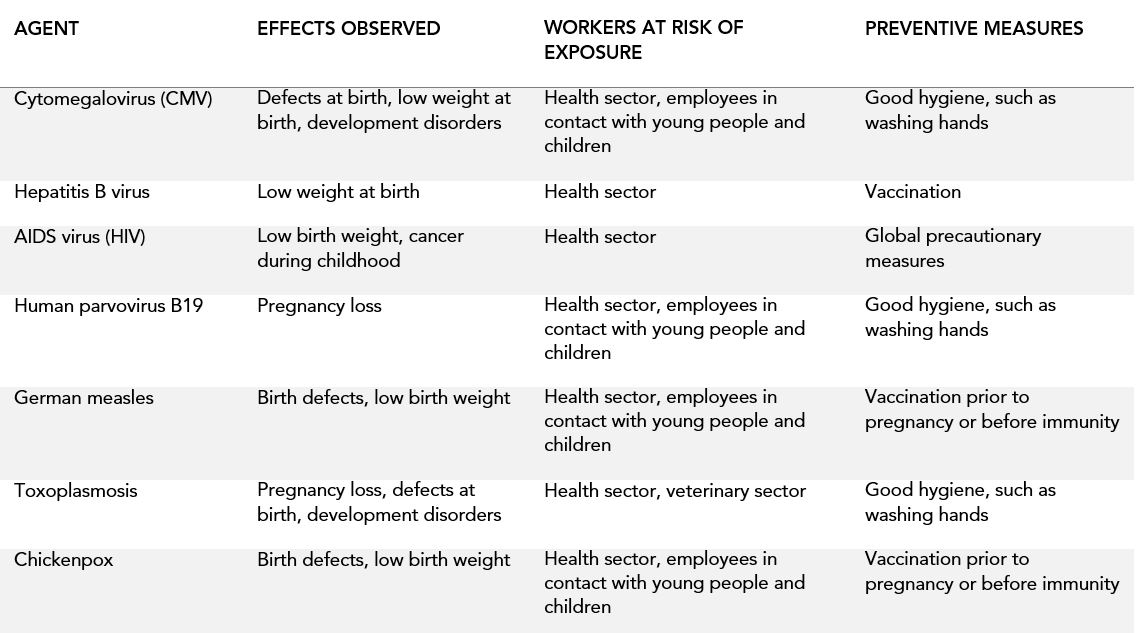
What impact do toxic substances have on fertility?
A wide variety of toxic substances have a damaging effect on fertility.
On the one hand, we have the toxic substances over which we have a direct control in terms of use (tobacco, alcohol, etc.) and, on the other, the toxic substances that we cannot, as individuals, control (environmental factors).
Toxic habits
With reference to the toxic substances that we can control, one of the most well-known and studied of them all, and that is known to clearly have an impact on human reproduction, is tobacco. There are over 4,000 substances in tobacco that are considered toxic. These include cadmium, nicotine and polycyclic hydrocarbons.
Tobacco affects various parts of the female reproductive system. On the one hand, it is linked to an increase of the rate at which oocytes are destroyed and, therefore, with decreased ovarian reserve. On the other, it also affects the uterus and increases the risk of implantation failure and pregnancy loss. In the case of men, tobacco has an impact on semen quality. There is existing research that links tobacco with a decrease in sperm concentration and spermatozoa mobility.
Another toxin linked to human reproduction is alcohol. Alcohol consumption causes a deterioration of female fertility although there is no clear dose-effect relationship. In other words, the impact on fertility is not linked to the quantity of alcohol consumed. It is possible that moderate consumption of alcohol may not affect fertility in men, although heavy drinking (over 32 mg/day) would appear to decrease semen quality.
Consuming illegal drugs is also linked to a decrease in fertility. Cannabis , in the case of women, can produce anovulation (failure to ovulate) and, in men, a reduction in the number of spermatozoa and their mobility. Cocaine is associated with an increased risk of pregnancy loss, whilst heroine causes sexual dysfunction or a decrease in menstrual cycles. Amphetamines and designer drugs, meanwhile, are associated with a decrease in the quantity of spermatozoa and in sperm mobility, as well as a reduction in pregnancy rates in general.
Environmental toxic substances
In terms of the environment, a large number of toxic substances have been classified as having a damaging effect on fertility in human beings. These substances are mainly present in pesticides, cleaning products, cosmetics and plastics. The most common of these and their impact include:
Certain professions are also linked to an increased risk of an impact on fertility due to contact with chemical, physical and biological agents. (*Tables sourced from the Spanish Ministry of Labour and Social Affairs. National Institute of Safety and Hygiene in the Workplace).
*Physical and chemical agents in the workplace that damage female reproduction.
Over the last few years, endocrine disruptors have also been defined. They are natural and/or artificial substances that are similar to the hormones that we synthesise and they interfere with them. This topic is also dealt with in depth in the following post: Environmental toxins and fertility; endocrine disruptors.
*Biological agents present in the workplace that cause illnesses and that are harmful to female reproduction.
Dr Andrea Bernabeu, Director of the Genetics and Reproduction Guidance Unit at Instituto Bernabeu



